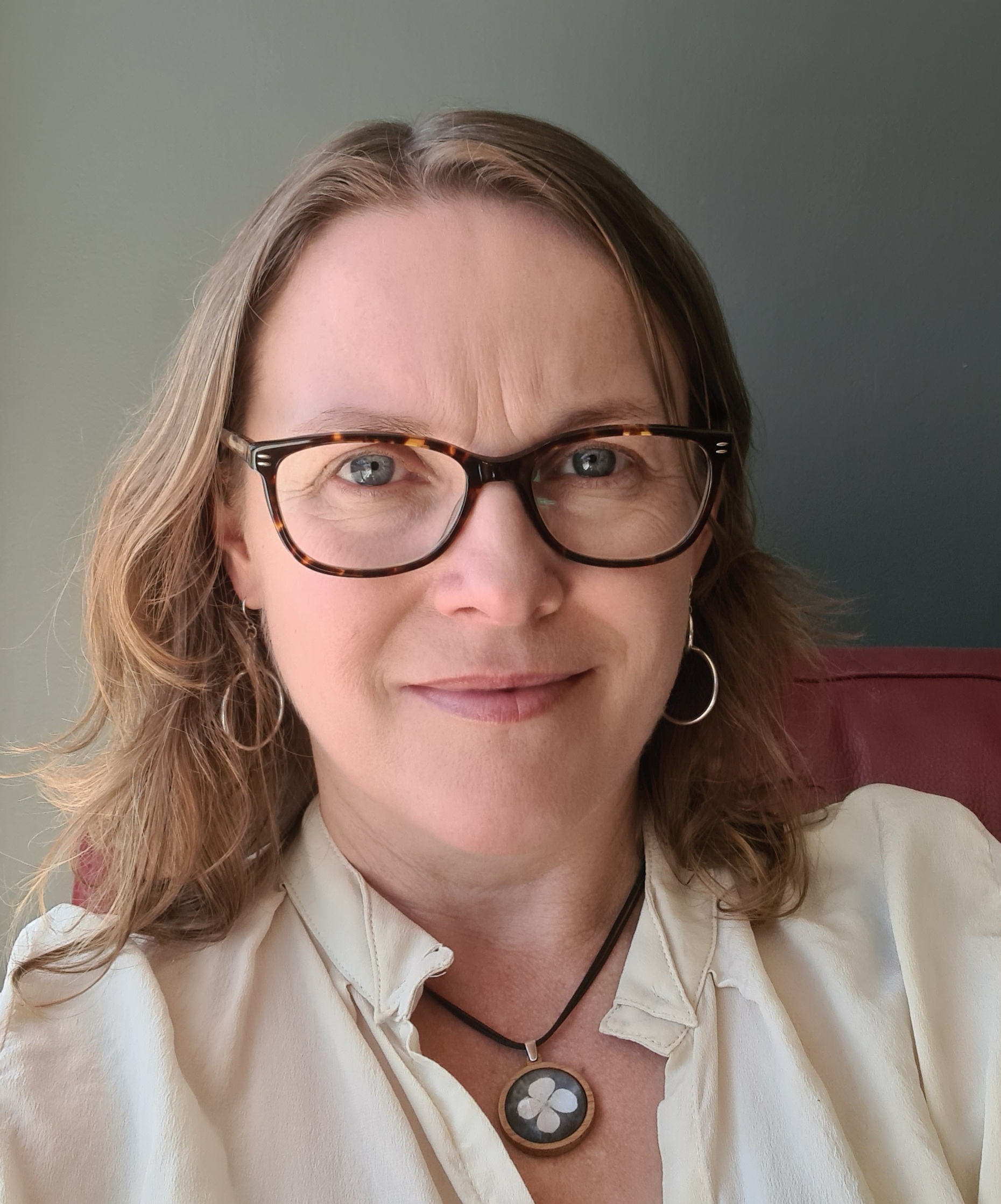As workforce demands in community care and social assistance grow around Australia, University of Tasmania graduates are emerging as the industry's future leaders.
At Tasmanian not-for-profit Youth Family and Community Connections (YFCC), seven employees and board members have gained qualifications through the University's Applied Health and Community Support program.
YFCC CEO Ros Atkinson said the course had provided employees with the opportunity to develop the skills and experience to help deliver vital services and programs to over 4,000 Tasmanians.
"Youth Family and Community Connections is a not-for-profit that operates across the North West and West Coasts and in the North of Tasmania and specialises in youth accommodation, alcohol and other drug, family and employment support and services.
"The Applied Health and Community Support program has provided our staff with access to relevant industry qualifications locally and in a timely manner. For some, it has even inspired further study."
"These courses are now one measure we can use to ensure our staff are equipped to provide services to consumers," Ms Atkinson said.
In Tasmania, it is estimated that around 7,000 additional employees will be needed in health and community service roles over the next three years to meet industry needs.

"Nationally, the workforce must increase by approximately 300,000 employees in the next five years, so the need for our graduates locally and interstate cannot be understated, especially as healthcare and social assistance are the largest employers in the country.
"To meet these needs, we spoke to dozens of organisational leaders, workers, and consumers to work out what knowledge, skills and attributes were needed in our Applied Health and Community Support courses," University of Tasmania Health and Community Discipline Leader Dr Carolyn King said.
YFCC Education and Health Promotion Officer Bianca Taylor says that her studies gave her and others the skills and experience to continue to pursue careers and upskill in the community service industry.
"This course was more flexible in terms of areas within community services that it covered, the practical components, and has opened up opportunities for people that would not have been possible if it wasn't for this type of degree.
"Through gaining this qualification, I was able to further my career into roles that wouldn't have otherwise been an option for me. I am now in my dream role, working as a Health Promotion and Education Officer," she said.
According to Dr King, this program reflects a shared understanding that people often require different forms of support, with students learning the skills and capabilities to work with organisations and consumers across sectors to provide the best outcomes.
"Many people requiring aged care also live with disability and/or mental health challenges, so it makes sense to develop graduates who can work across fields and meet diverse and complex needs."
By delivering health and community support courses in person and online, Tasmania can retain and grow its workforce with local talent who may otherwise seek opportunities interstate.
"We find that when people are forced to leave their local communities to study, they often do not return, so by making the courses available fully online, students can live and learn within these communities, gain a qualification, and apply it locally," Dr King said.
Learn more about our Applied Health and Community Support courses.






